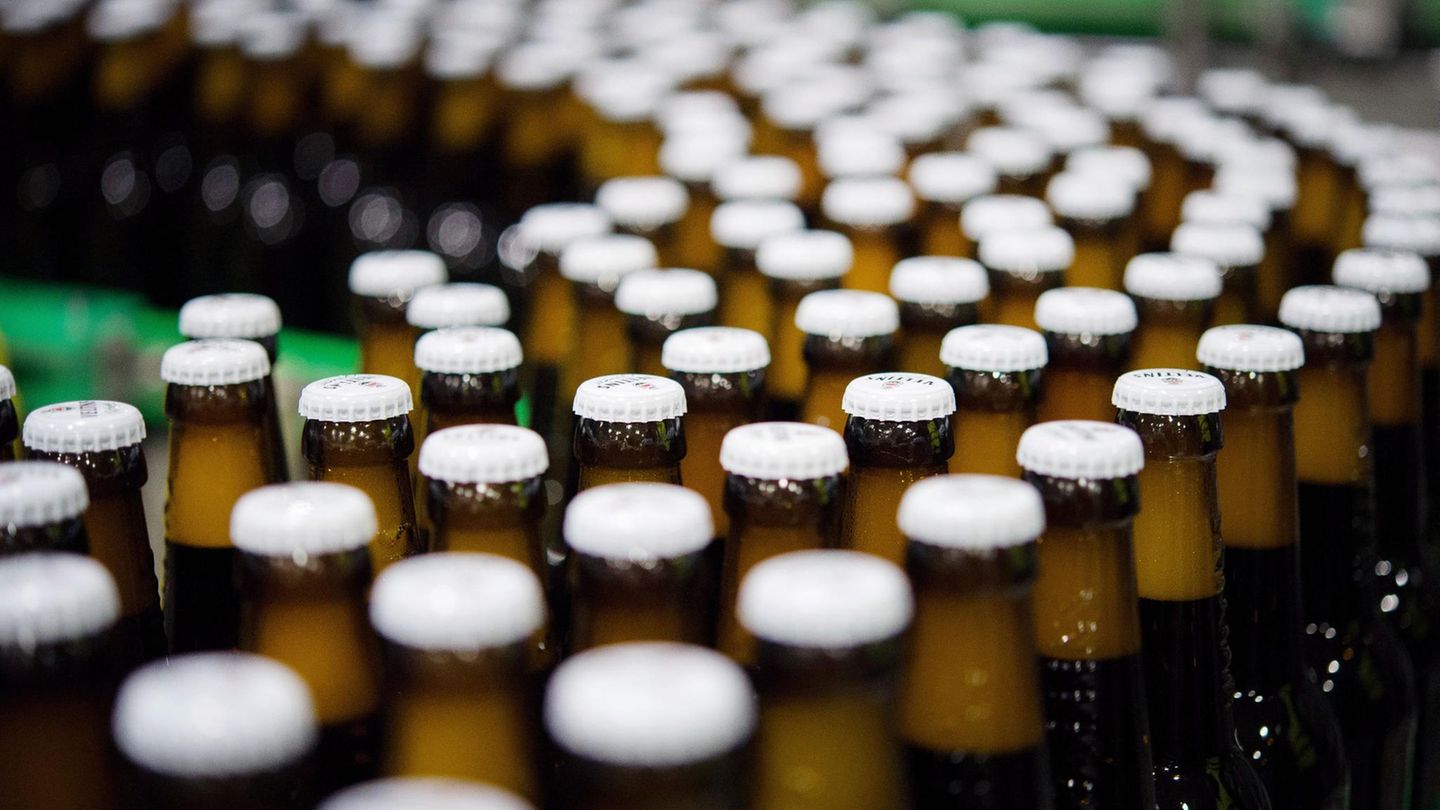The industrial regime of Tierra del Fuego is always at the center of the debate, especially in electoral years where different development models are presented. Apart from extreme positions, such as those that propose to eliminate it, the think tank Fundar prepared an investigation with a diagnosis of the regime, results and proposals.
In three documents, he raises a reformulation plan of the incentives, which would allow savings of almost US$ 6,000 million in a decadeand at the same time presents alternatives for competitive productive sectors to make viable a province with the geopolitical importance of Tierra del Fuego.
The research is entitled “Towards a possible productive transformation in Tierra del Fuego”, directed by Juan Carlos Hallak, a researcher at UBA and CONICET, and, on Fundar’s side, by Tomás Bril Mascarenhas, from the productive policy area.
The document states that the regime of Tierra del Fuego, which in 2022 he turned 50far exceeded one of his objectives, which was to populate the island: the population multiplied by 14 and it went from 13,500 in 1970 to 190,000 inhabitants in 2022.
Through Law 19,640 of 1972, the industrial regime encouraged the establishment of new productive establishments. At the moment, the promoted industries employ about 11 thousand people, 30% of the total wage earners registered in the private sector of Tierra del Fuego, and represent almost 30% of the gross added value.
The electronics It is the largest employer, with about 8,500 jobs, made up of about 20 companies. According to Fundar, these are electronic manufacturing service companies that carry out, under contract with original product manufacturers, the assembly of printed circuits, assembly and final testing of global brands such as Samsung, Motorola or LG.
According to the study center, the added value is heterogeneous among the different products: “While in the production of cell phones the electronic boards are imported, their manufacture in the lines of televisions, air conditioners and infotainment imply relevant added value local”.
Problems and alternatives
For Fundar, there are issues that lead to proposing a reformulation of the regime: it ensures that it has a fiscal cost of US$1,070 million per year (0.22% of GDP). Although it is well below what the Ministry of Economy disseminates in tax spending, for the study center it is twice that of the Conicet budget, and constitutes a “significant tax waiver in a country that must harmonize the care of needs ”. In addition, due to how it is designed, the non-payment of VAT and tariffs by imported inputs “end up rewarding billing”, so it “rewards the added value made abroad” and It does not have incentive mechanisms for “innovation and adding local value”.
For this reason, in a 47-page document, Fundar proposes the reformulation of the industrial regime, which would be gradual, over a period of 11 years. would include the reduced economic benefits, to end the decade with the payment of VAT and tariffs. The simulation establishes that tax savings of US$5.9 billion could be generated in the period.
In a third document, Fundar raises the viability of a productive transformation for Tierra del Fuegowhich could include developing sectors such as tourism, knowledge economy, petrochemicals, port infrastructure and a logistics, academic and scientific pole, in addition to other complexes such as fishing and aquaculture. For this, he estimates that the State should invest some US$2,000 million in the decade, “somewhat less than 40% of the fiscal savings”, which would lead to a “neutral impact” on employment.
Finally, there is also a simulation with the expected impacts on employment, for which a social protection and labor reconversion program is proposed, which would have a state cost of between US$300 and 500 million over the decade. The work clarifies that it is not about a “closed” package of solutions, but about “showing alternatives”. It concludes that the solution so that the population of Tierra del Fuego is not permanently questioned publicly is for politics to be in charge, through “resolving competing interests” and through the institutionality of establishing laws in Congress.
Source: Ambito




